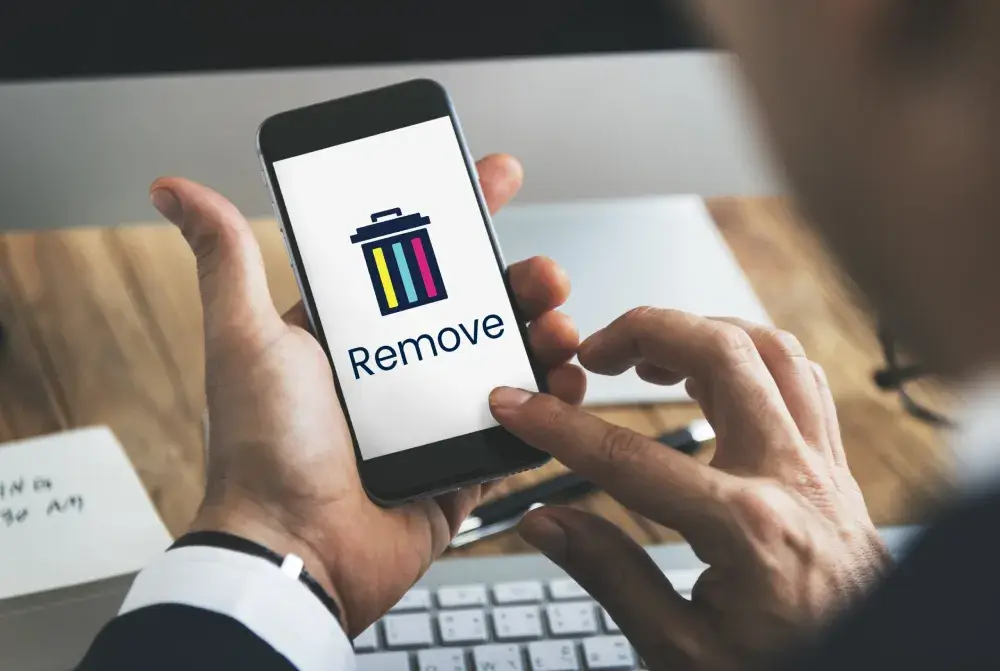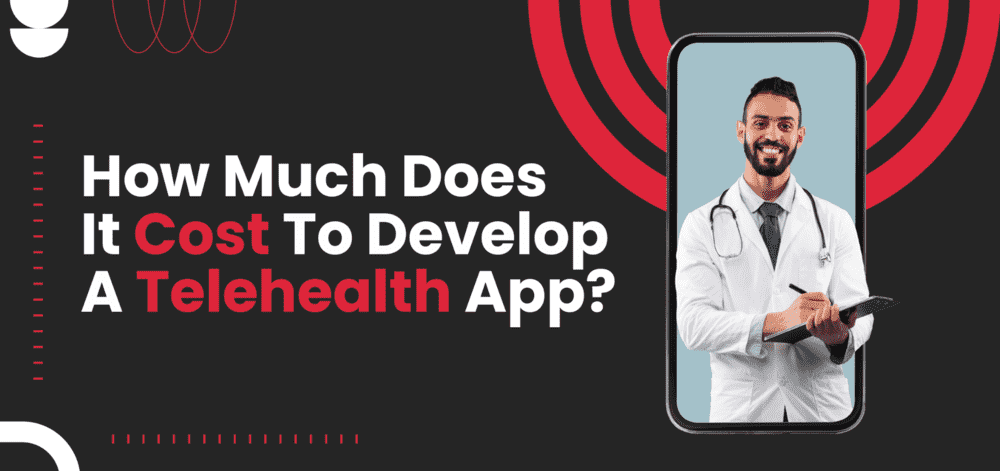In the digital age, smartphones and applications have become an integral part of our daily lives. We rely on apps for communication, entertainment, productivity, and more. However, at times, we may notice that our apps start to slow down. One commonly suggested solution is to clear the cache. But does clearing the cache cause apps to slow down permanently?
Just in-case you’re in mobile app development business or something on a smaller scale like MVP development that’s within the budget, the process is definitely strenuous and time-taking whereas you don’t want your hard work to go to waste! Do learn about patenting an app idea so that its ownership rights remain exclusively to you.
Now let’s look into the impact of cache clearing on the app speed.
What is Cache?
Cache refers to a temporary storage location that stores data for quick access. It acts as a buffer between the device’s storage and the apps we use. When we open an app, it fetches data from various sources, such as the internet or device storage. This data is then stored in the cache for future use.
The Purpose of Cache
The primary purpose of cache is to enhance the performance of applications. By storing frequently accessed data closer to the app, it reduces the time required to fetch the data again. This leads to faster loading times, smoother user experiences, and optimized app performance.
Cache and App Performance
Cache plays a crucial role in improving app performance. It allows apps to load quickly and respond swiftly to user interactions. Without cache, every interaction with an app would require fetching data from scratch, resulting in slower performance.
Clearing Cache: How Does It Work?
Clearing the cache involves removing the temporary data stored in the cache. It can be done manually through the app settings or by using specialized cache cleaning apps. When we clear the cache, we essentially wipe out the stored data, including temporary files, images, scripts, and other resources.
Potential Impact on App Performance
Clearing the cache can have both immediate and long-term effects on app performance. Immediately after clearing the cache, apps may experience a temporary slowdown. This happens because the app needs to rebuild its cache from scratch. As a result, it may take slightly longer to load data and resources until the cache is populated again.
Temporary Slowdown after Clearing Cache
After clearing the cache, users may notice a brief period where apps are slower than usual. However, this slowdown is temporary and typically lasts only until the app rebuilds its cache. Once the cache is populated with frequently accessed data again, the app’s performance should return to normal.
Factors Affecting App Performance
While clearing the cache may cause a temporary slowdown, several other factors can affect app performance. These include:
- Device Hardware: The processing power and available memory on a device can impact app performance.
- App Design and Optimization: Well-designed apps with efficient coding and optimized resource management tend to perform better.
- Internet Connection: The speed and stability of the internet connection can influence the app’s ability to fetch data.
- App Updates: Regular updates from app developers often include performance improvements and bug fixes.
Long-Term Effects of Clearing Cache
In the long term, clearing the cache should not have a permanent negative impact on app performance. As the cache rebuilds itself, apps regain their optimized state. However, if an app continues to perform poorly even after the cache has been rebuilt, it may be necessary to explore other solutions, such as updating the app or troubleshooting device-related issues.
Ways to Optimize App Performance
To optimize app performance and prevent slowdowns, consider the following tips:
- Keep Apps Updated: Install updates for your apps to benefit from performance improvements and bug fixes.
- Clear Cache Selectively: Instead of clearing the entire cache, consider clearing the cache for specific apps that are experiencing issues.
- Manage Storage: Regularly review and remove unnecessary files and apps to free up storage space on your device.
- Restart Your Device: A simple device restart can help refresh system resources and improve overall performance.
- Limit Background Processes: Close unnecessary apps running in the background to free up system resources for the app you’re actively using.
Conclusion
Clearing the cache can temporarily slow down apps, but it is not a permanent issue. As the cache rebuilds, app performance should return to normal. Factors such as device hardware, app design, and internet connection also play significant roles in app performance. By following optimization techniques and keeping apps updated, users can maintain smooth and efficient app experiences.
Frequently Asked Questions (FAQs)
Q1. How often should I clear the cache on my device?
It is not necessary to clear the cache frequently. You can clear the cache when you notice specific apps experiencing performance issues.
Q2. Will clearing the cache delete any important data?
No, clearing the cache only removes temporary files and resources. It does not delete any personal data or app settings.
Q3. Can clearing the cache improve battery life?
Clearing the cache itself may not directly impact battery life. However, by improving app performance, it may indirectly contribute to better battery efficiency.
Q4. Should I use cache cleaning apps to clear the cache?
Cache cleaning apps can be useful, but it’s important to choose a reputable app from a trusted source. Be cautious of apps that promise unrealistic performance improvements.
Q5. Are there any risks associated with clearing the cache?
Clearing the cache is generally safe and beneficial. However, it’s recommended to clear the cache for specific apps rather than clearing the entire cache, as some apps rely on cached data for their functionality.










